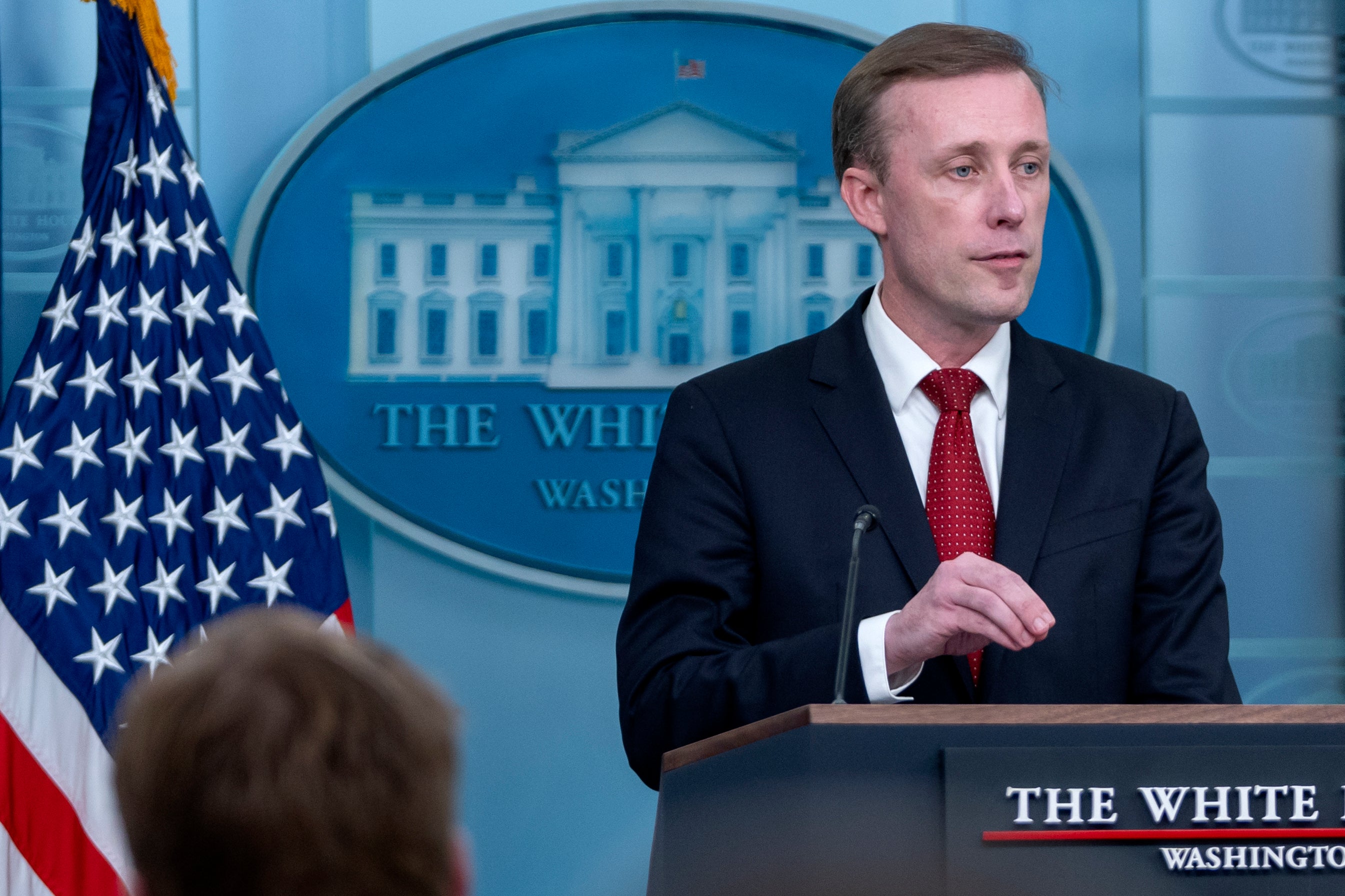U.S. expands sanctions on Iran in response to its ballistic attack on Israel
The U.S. on Friday announced new sanctions on Iran’s energy sector in response to its October 1 attack on Israel, firing roughly 180 missiles into the country

The U.S. on Friday announced new sanctions on Iran's energy sector in response to its Oct. 1 attack on Israel when it fired roughly 180 missiles into the country.
Iran said the barrage was retaliation for a series of devastating blows Israel has landed in recent weeks against the Iran-backed militant group Hezbollah in Lebanon, which has been firing rockets into Israel since the war in Gaza began.
Included in Friday's sanctions are blocks on Iran's so-called “ghost fleet” of ships and associated firms that span the United Arab Emirates, Liberia, Hong Kong and other jurisdictions that allegedly obfuscate and transport Iranian oil for sale to buyers in Asia.
Additionally, the U.S. State Department designated a network of companies based in Suriname, India, Malaysia and Hong Kong for allegedly arranging for the sale and transport of petroleum and petroleum products from Iran.
Current U.S. law authorizes sanctions targeting Iran’s energy sector as well as foreign firms that buy sell and transport Iranian oil. But energy sanctions are often a delicate issue as restricting supplies could push up prices for global commodities that the U.S. and its allies need.
Jake Sullivan, the U.S. national security advise, said the new sanctions “will help further deny Iran financial resources used to support its missile programs and provide support for terrorist groups that threaten the United States, its allies, and partners.”
The penalties aim to block them from using the U.S. financial system and bar American citizens from dealing with them.
Israel and Iran have fought a shadow war for years, but rarely have they come into direct conflict. Increasingly, however, escalating attacks between Israel and Iran and its Arab allies threaten to push the Middle East closer to a regional war.
Iran launched another direct attack on Israel in April, but few of its projectiles reached their targets. Many were shot down by a U.S.-led coalition while others apparently failed at launch or crashed in flight.
Treasury Secretary Janet Yellen said Friday that the United States "will not hesitate to take further action to hold Iran accountable.”
Bookmark popover
Removed from bookmarks